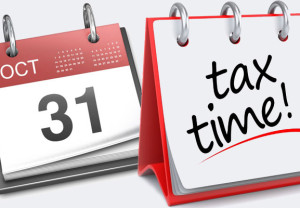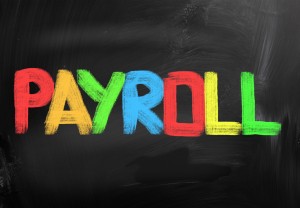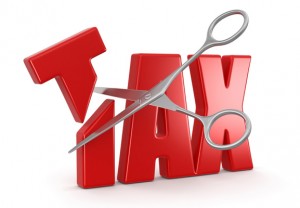7 simple steps to pay less tax in 2016
If you want to pay less tax in 2016, the secret is knowing what to do. We have outlined below 7 easy ways to cut your tax bill in 2016.
As much as it’s possible to pay less tax in 2016, it is not something you can do a few weeks prior to the end of the tax year. Reducing your tax liability takes careful planning and requires you to take action now to ensure you minimise the tax you have to pay. This is where speaking to a professional is essential.
They will advise you as to what can or cannot be claimed and, most importantly, they can tell you when any action needs to be taken. Here at BSN & Co we have helped many clients reduce their tax.
- Government co-contribution: If your total income is $35,454 per year or less, you are less than 71 years of age and you make a $1,000 after-tax contribution to your super fund, the government will contribute $500 to your fund. The amount of government co-contribution reduces for every dollar you earn over $35,454 and ceases once your total income reaches $50,454.
- Spouse contributions: If your spouse is under 70 years of age and earns less than $10,800 per year, you can make a $3,000 after-tax contribution to their super fund. This will qualify you for a tax offset of $540.
- Salary sacrifice: This means making a super contribution from your gross (pre-tax) salary. Your salary sacrificed super contributions are taxed at 15% in the fund instead of at marginal rates. At the same time, by reducing your taxable income you may move to a lower income tax bracket which will help you pay less tax in 2016.
- Tax deductible contributions: If you are fully self-employed, mostly self-employed or an unsupported person (no super is being paid on your behalf), you can make contributions to your super fund and claim a full tax deduction up to the cap. This strategy may be appropriate if you have made a considerable capital gain from the sale of a property or shares because this deductible contribution to your super fund may offset this assessable gain.
- Insurance premiums: Some insurance premiums, such as those for income protection cover, are generally tax deductible as an expense incurred in earning your income. This is a great way to protect yourself and your family and allow you to pay less tax in 2016.
- Managed funds: These distribute capital gains which you must report. Timing of the sale of an investment will determine which year the capital gain or loss is assessed, so triggering a gain/loss before or after 30 June may make a difference to your overall tax bill. This is why it is important, before continuing, that you consult with your tax adviser so they can best advise you on how to pay less tax in 2016.
- Prepayments: An individual can claim a deduction for prepaid expenditure for a period not exceeding 12 months. The most common types of prepayments include:
- Income protection insurance
- Interest on investment loans for share portfolios and/or rental properties
- Memberships and/or subscriptions
- Rental property expenses such as insurance, rates, repairs and maintenance and strata fees
Our Tax Accountants at BSN & Co regularly advise clients who work in a range of industries. If you need assistance with tax planning in 2016, we are offering a 20% discount off your last accountancy fee when you switch to BSN & Co. Contact us by completing the form opposite.








Comments are now closed for this article.